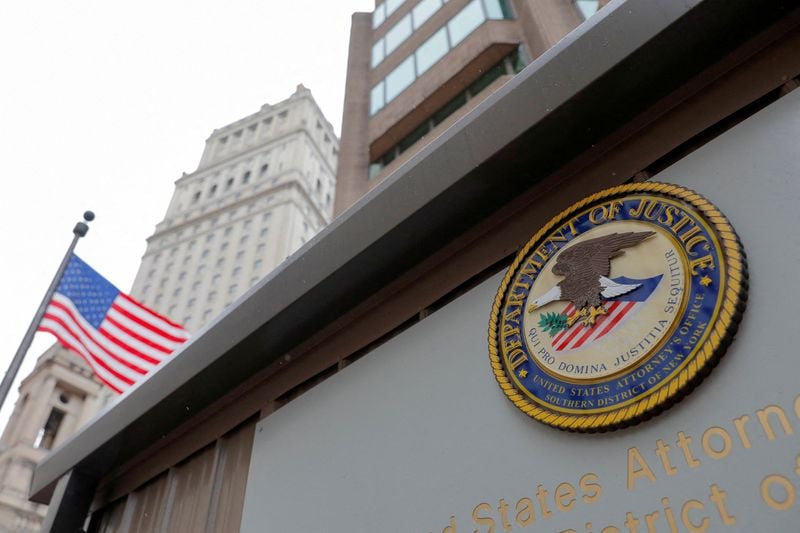Washington Regarding a standing order requiring automatic injunctions in federal immigration enforcement cases, the U.S. Department of Justice filed a complaint against the U.S. District Court of Maryland on Wednesday, claiming the court had overreached its jurisdiction.
By automatically stopping deportation or immigration enforcement activities for any noncitizen detainee who files a habeas corpus petition, the Maryland court’s order, according to the Justice Department, circumvents legal norms. The DOJ claims the policy is in conflict with U.S. Supreme Court precedent and congressional purpose, and it also breaches the standards for issuing injunctions.
Attorney General Pamela Bondi stated that this pattern of judicial overreach threatens the democratic process and cannot continue because the American people elected President Trump to implement his policy agenda.
The case shows growing tensions over judicial authority and immigration enforcement, and it is a rare legal action by the Executive Branch against a federal court. DOJ officials contend that federal immigration officers are unable to fulfill their duties because of the court’s automatic injunctions.
Without requiring hearings or specific court rulings, the order in question permits the court clerk, not a judge, to grant immediate temporary protections from deportation. According to the DOJ, this is against federal civil procedure rules.
DOJ targets pattern of judicial interference in immigration policy
According to DOJ officials, district courts have granted more countrywide injunctions in the first 100 days of the Trump administration than they did in the entire 20th century. Another egregious instance of judicial overreach that impedes the federal government’s ability to enforce immigration laws is the Maryland court’s standing order, according to the Department.
The Justice Department is still taking legal action against what it calls systematic abuses of Article III judicial power, especially when those abuses are used to thwart federal immigration policy.
The constitutional balance between the executive and judicial branches in overseeing immigration enforcement is at the heart of the legal issue.




